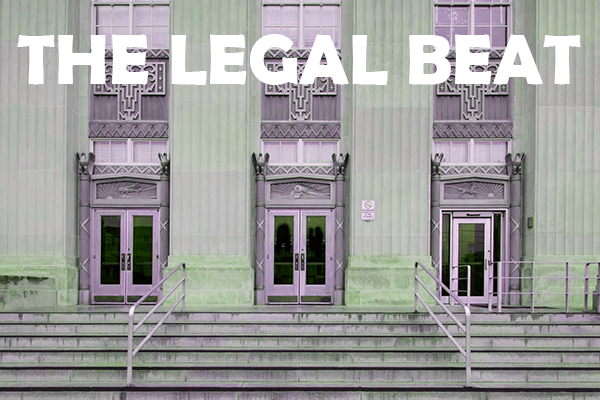|
RCBJ-Audible (Listen For Free)
|
Court Stops Homeowners From Hosting For-Profit Pool Parties In Residential Zone in Orangetown
The Town of Orangetown filed a lawsuit in Rockland County Supreme Court last week seeking to permanently stop Anthony Neil and Sharelle Coore, owners of 4 Hobbs Drive in Blauvelt, from hosting paid pool parties at their residential home. Orangetown has accused the owners of turning their backyard and pool into a for-profit nightclub.
Neil and Coore, also face charges in Orangetown Justice Court for violating Orangetown’s “unnecessary noise code,” as well as being subject to fines of up to $2,000 per day for violating Rockland County Health Department regulations.
The Court on Monday entered a temporary restraining order barring the homeowners from hosting paid pool parties or events. The Defendants are due in court Sept. 19th.
 Neil and Coore purchased the house on Hobbs Drive on a residential street in Orangetown’s R-15 zoning district in 2022, and according to the court filing, noise and nuisance complaints from neighbors started in 2023. Rentals of the Hobbs Drive swimming pool were being advertised at the time on Swimply.com, a website that serves as an AirBNB-type site for hourly swimming pool rentals.
Neil and Coore purchased the house on Hobbs Drive on a residential street in Orangetown’s R-15 zoning district in 2022, and according to the court filing, noise and nuisance complaints from neighbors started in 2023. Rentals of the Hobbs Drive swimming pool were being advertised at the time on Swimply.com, a website that serves as an AirBNB-type site for hourly swimming pool rentals.
Orangetown town code bans short-term rentals of houses, and specifically bans short-term rentals of outdoors spaces at homes, including swimming pools, spas, yards and playgrounds.
Also, according to the complaint, the owners began hosting parties (instead of rentals) in 2025 and advertising the events on social media, selling tickets through EventBrite. Ads said costs to join the “VERY LIT POOL PARTY” and “ADULT SWIM” ranged from $60 for single women to $150 for single men, and $150 for a couple. Bottles of champagne could be pre-purchased for an additional $200-$300.
In July of this year, Neil and Coore began advertising again for a “WET TEMPTATIONS LS POOL PARTY” with the location revealed after tickets were purchased. A party was held on July 12th, which according to the complaint, ran into the early morning hours of July 13th.
A “DIP AND DRIP” party was planned and advertised for August 9th. The price for admission was $50 for single women, $130 for single men, and $150 for couples. The ad said, BYOC (Bring Your Own Condoms) and BYOB (Bring Your Own Bottle).
The suit says Orangetown Police observed the party, noting patrons leaving the party wore colored wristbands. According to the complaint, Coore identified herself as the owner of the home, and said the event was a “family party.” In the aftermath of the party, the town was called in to clean up vomit, clothing and used condoms in the street in front of 4 Hobbs Drive.
Orangetown is seeking a permanent injunction against the owners from violating the town code, and for hosting pool parties and paid access to their swimming pool.
The owners have also been cited in Orangetown Justice Court with noise violations stemming from the July event.
The rental of swimming pools by the hour, or by the evening, is just another assault on suburban life.
Rockland County, for almost three years, has been trying to secure records from Swimply to discover the hosts of swimming pool parties, which is a violation of the County Health Code. Short-term rentals are also banned in several towns and villages, but the locations of the events or rentals are hidden on websites like Swimply and EventBrite, until swimming pool is rented or tickets for the event are purchased.
The county issued a subpoena to Swimply seeking names, addresses, pool locations, and records of rental transactions from June of 2018 to the present. Swimply has fought release of its records in Rockland County Supreme Court claiming the county is on a fishing expedition and lacks jurisdiction. Swimply said the subpoena was a “flagrant attempt to disrupt Swimply’s business and harass its users.”
Last month, the county renewed its efforts to secure Swimply’s records and enforce its subpoenas.
Towns and villages are charged with enforcing their zoning codes. Aside from rampant short-term rental violations, municipalities are also facing violations of rental registries which require owners to register single-family homes available for rent, and occupancy violations which require rentals of single-family homes to be limited to families related by blood, marriage or adoption.



















